
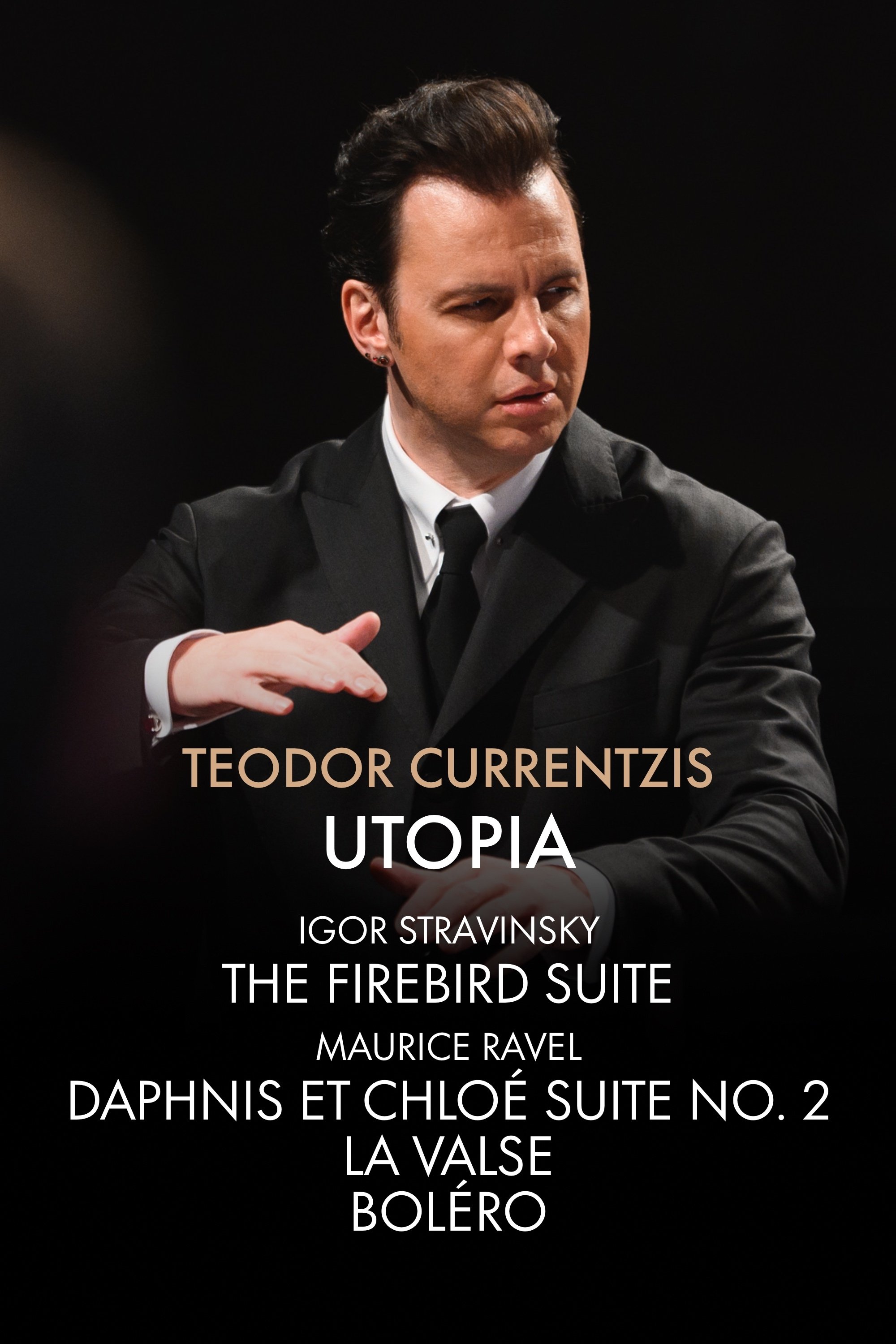
Utopia, the new orchestra of conductor Teodor Currentzis, can be experienced for the first time in Vienna on its inaugural tour with the 1945 version of Igor Stravinsky’s ‘The Firebird’ and Maurice Ravel’s Suite No. 2 of ‘Daphnis et Chloé’, ‘La Valse’ and ‘Boléro’.
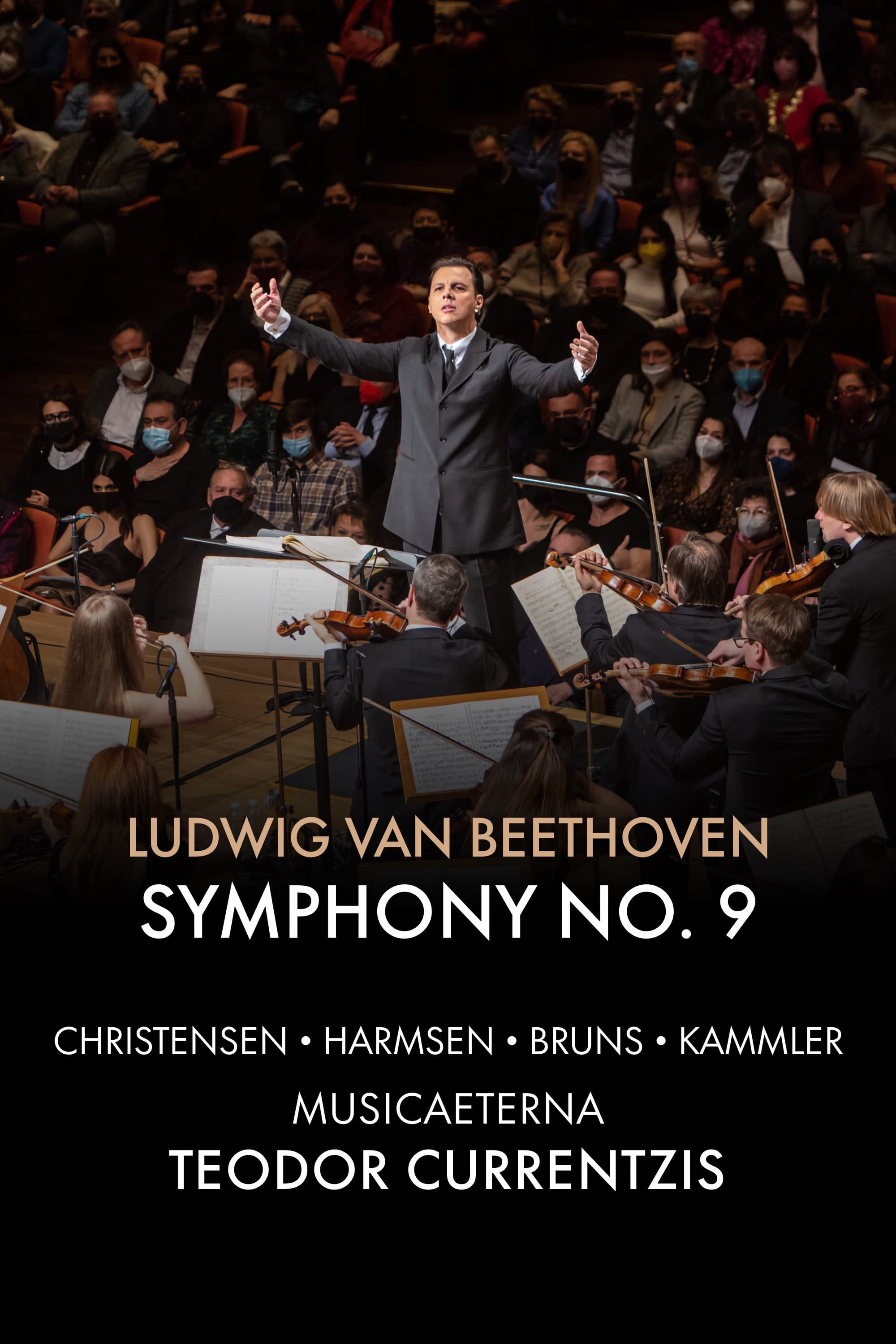
Ludwig van Beethoven headed for Symphony No. 9 literally his entire life. As early as the 1790s, he had an eye on Ode to Joy, perhaps the most well-known poem by Friedrich Schiller, written on the threshold of the French Revolution (1786). In his mature and, in particular, later years, the deaf composer with an acute ‘hearing vision’ increasingly distanced himself from conventional forms and genres and wrote parts beyond the possibilities of instruments of his day. He nurtured the idea of a symphony with a choir for at least several years. The history of the Ninth’s interpretations includes 200 years of staggering revelations and lingering stagnation. Performed by the musicAeterna orchestra, choir, and guest soloists under the baton of Teodor Currentzis, Beethoven’s opus magnum acquires the original poignancy and energy of a recent discovery.

For Mahler, symphonies always were a means of interpreting the most convoluted philosophical problems that couldn’t be resolved verbally. The ambitious structure of the five-part Fifth Symphony spans from the Funeral March to the roaring finale. It is a forthright attempt to resolve the tragic conflict with the surrounding world. The brilliant fourth part of the symphony, Adagietto, resembles a beautifully mysterious flower that every conductor reimagines in their own style. As one of the twentieth century’s most influential maestros, Mahler redefined the conductor’s role. For him, the conductor is just as integral to his own musical works as they are to the composer. When a maestro steps onto the podium and opens the score, he recreates musical universes from scratch. Teodor Currentzis and the musicAeterna orchestra have performed Mahler’s symphonies around the world for many years. The Fifth Symphony has earned its place as one of the highlights of the cycle.
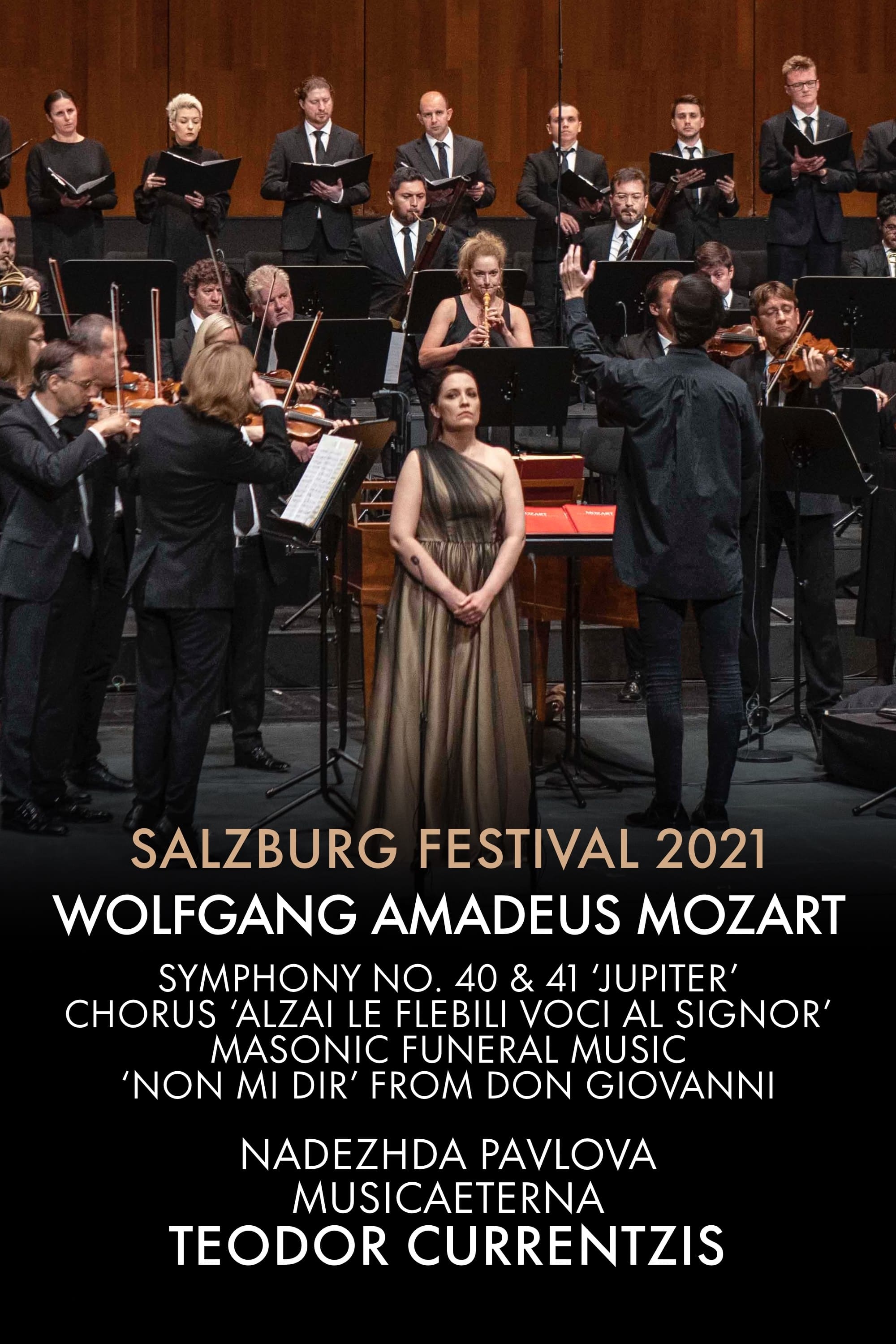
At the Salzburg Festival 2021, the musicAeterna Orchestra conducted by Teodor Currentzis performed the last symphonies of Wolfgang Amadeus Mozart – No. 40 K. 550 and No. 41 K. 551 Jupiter. The two pinnacles of Mozart’s symphonic heritage are interconnected: the classic wrote symphonies No. 39–41 in one short period of just a few fruitful weeks in 1788. In the concert the two symphonies – the two sides of Mozart’s unfathomable genius – are joined by works that are close to them both in spirit and the time of creation: the orchestral Masonic Funeral Music in C minor, the recitative and aria of Donna Anna from the finale of the opera Don Giovanni and the chorus from the spiritual cantata Davide penitente created in 1785.

Premiered in 1787, “Don Giovanni” exposes the timeless theme of a man hovering between vitality and destruction. Neither morality nor the law can stop this serial lover in his quest to conquer all women as he places his own pleasure above all other principles. Today, the rich depth of Mozart’s masterpiece still astonishes audiences with its mix of comedy and seriousness, pleasure and love, entertainment and murder. At the helm of this new Salzburg Festival production, in a near-live broadcast from the Great Festival Hall, director Romeo Castellucci promises to focus on the ambiguity and inner turmoil of this serial lover whose immoral behaviour condemns him to a deadly solitude. The exceptional cast – featuring Italian baritone Davide Luciano (Don Giovanni), Russian soprano Nadezhda Pavlova (Donna Anna) and Finnish bass Mika Kares (the Commendatore) – is accompanied by the chorus and musicians of the musicAeterna ensemble, conducted by Vitaly Polonsky and Teodor Currentzis.

In the ancient theater of Delphi, against the backdrop of the ruins of the Temple of Apollo, musicAeterna, conducted by Teodor Currentzis, performs Ludwig van Beethoven’s 7th Symphony, in conjunction with a new choreography by Sasha Waltz and her company.
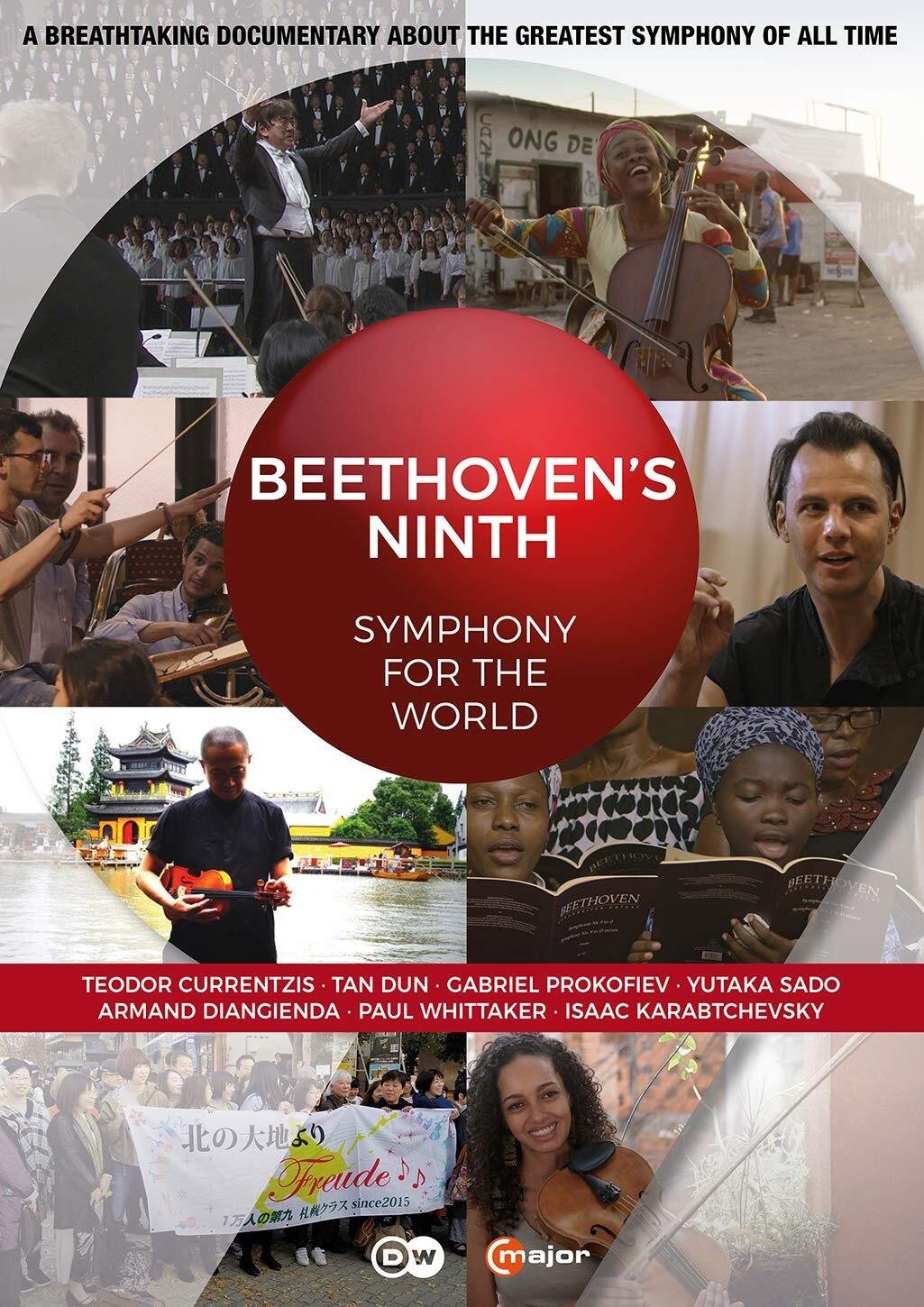
The 9th Symphony of Ludwig van Beethoven is one of the most popular pieces of classical music in the world. Even those who are not passionate about the classical music recognize the famous Ode to Joy. Despite the grim context in which it was created, the 9th Symphony leaves us fascinated, moved and uplifted by its creativity, its power and its culmination in the Ode to Joy. More than 160 years after it was written, Beethoven’s hymn to brotherhood was adopted by the European Union as its official anthem. But Beethoven’s Ninth is also met with enthusiasm far beyond the borders of Europe. What’s the explanation for its never ending success? What is it about this work of art that fascinates people all over the world?
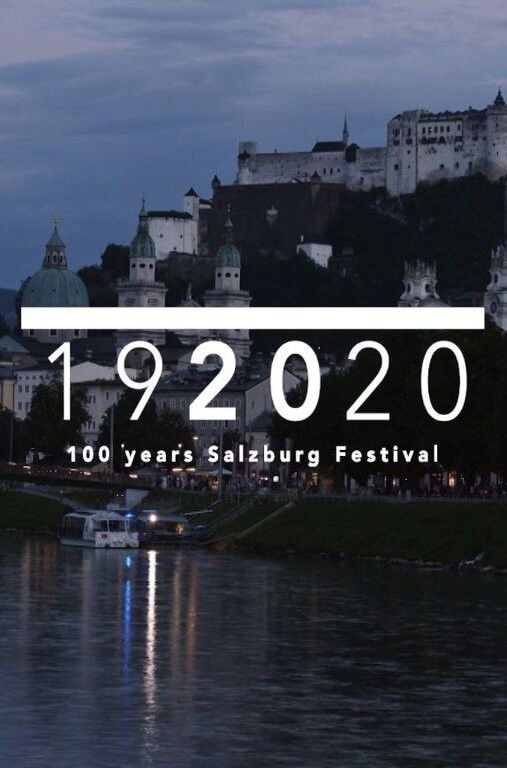
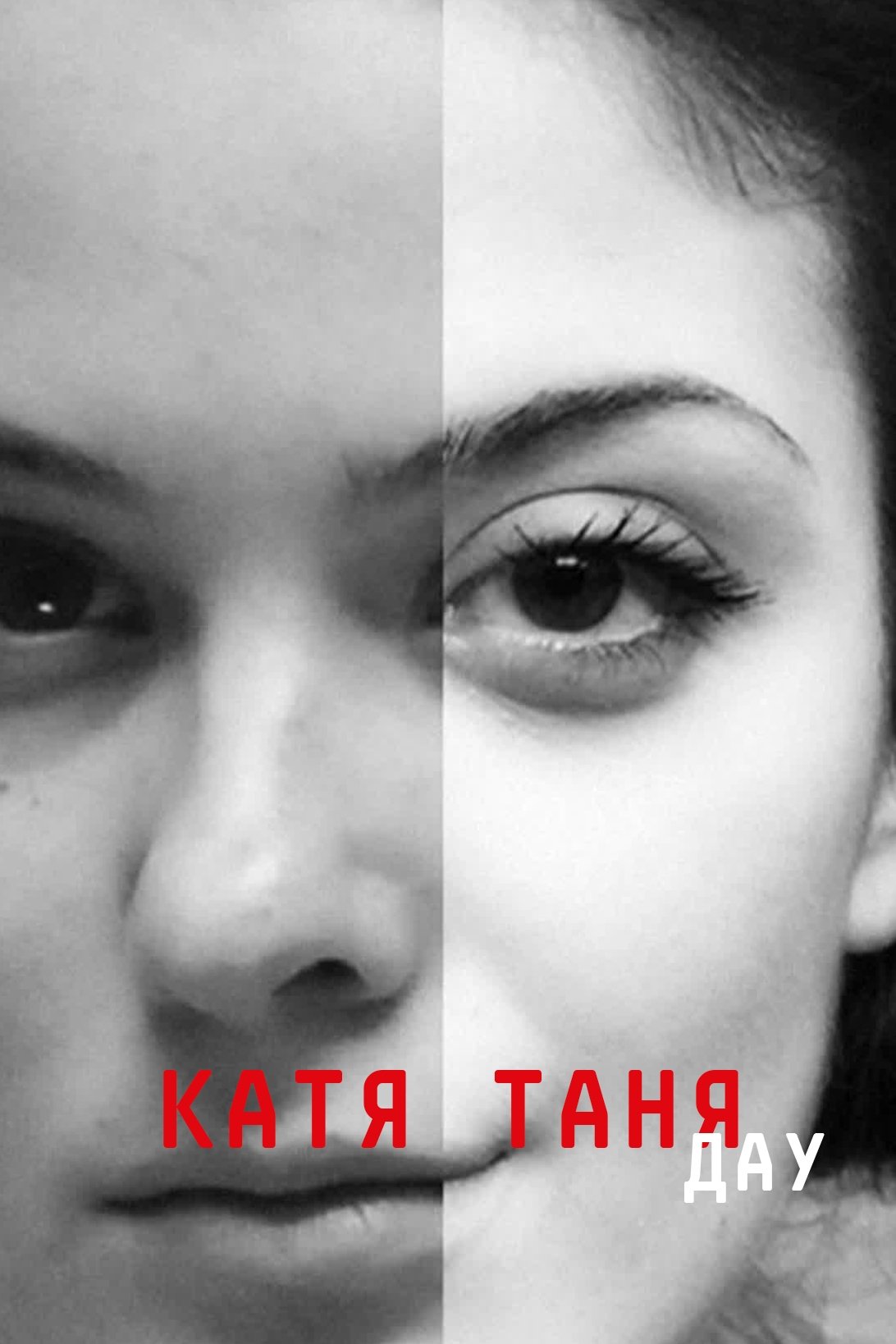
Katya, a young librarian, believes in love, but her ideals are crushed by reality. After a string of disappointing affairs, Katya finally finds tenderness and understanding in the arms of her colleague, a journalist called Tanya. But then the First Department interferes: the state security services see this relationship as unacceptable for a Soviet woman.
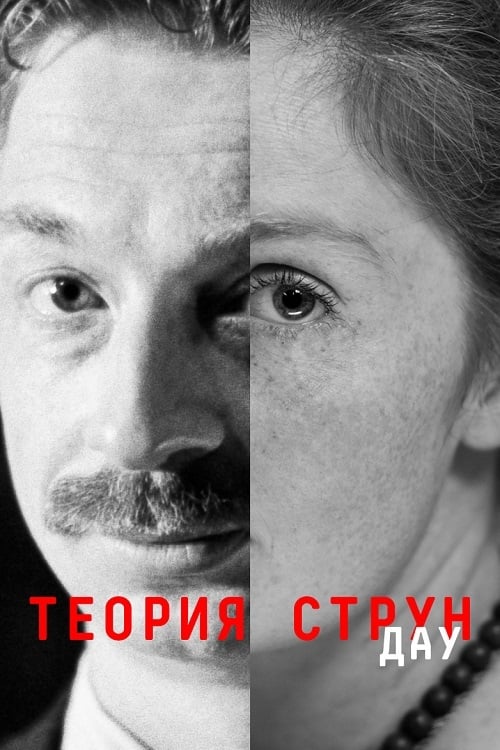
Nikita Nekrasov is a scientist, a theoretical physicist who studies our world and other possible worlds. He refuses to make a choice between mathematics and physics, between one woman and another, as he ponders the existence of the multi-universe. At scientific conferences, attended by eminent foreign scientists and a rising younger generation of physicists alike, Nekrasov gets carried away debating the beauty of string theory. He attempts to explain to all of his women – Katya, the librarian, Zoya, the scientific secretary, Svetalana, the head of department – about the theory of his own polygamy, and the possibility of having enough feelings to satisfy everyone.
Teodor Currentzis is a Greek-Russian conductor and musician. He was Chief Conductor of the SWR Symphony Orchestra from 2018 to 2024 and is Artistic Director of the ensemble musicAeterna and the Utopia orchestra and choir. Outside of music, in 2009, Currentzis acted in Ilya Khrzhanovsky’s film Dau based on the biography of the physicist Lev Landau.